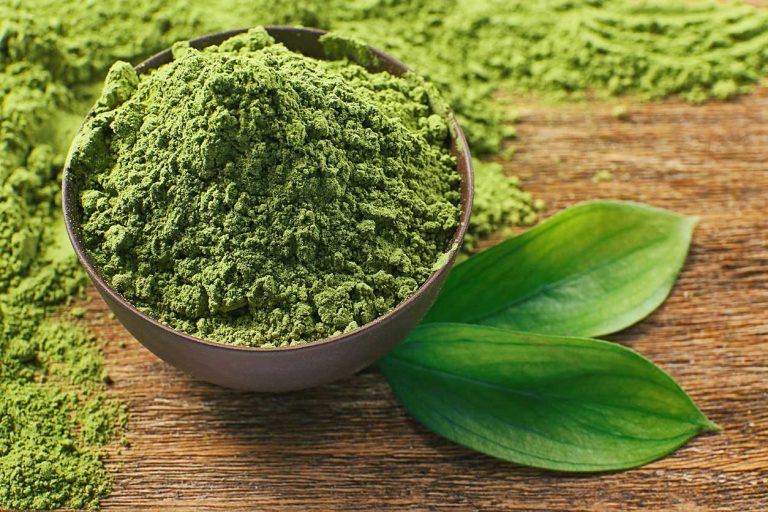Brand reputation plays a crucial role in the Kratom...
Month: December 2023
Professional painters frequently stand behind the nature of their...
In a time where innovation is reshaping traditional industries,...
There has been a paradigm shift in the healthcare...
While choosing a new garage door opener, focusing on...
We take pride in offering painting solutions that not...
In the ever-evolving landscape of technology, data protection has...
In a time where the advanced landscape is developing...
Delta-8 THC, a cannabinoid derived from hemp, has gained...














